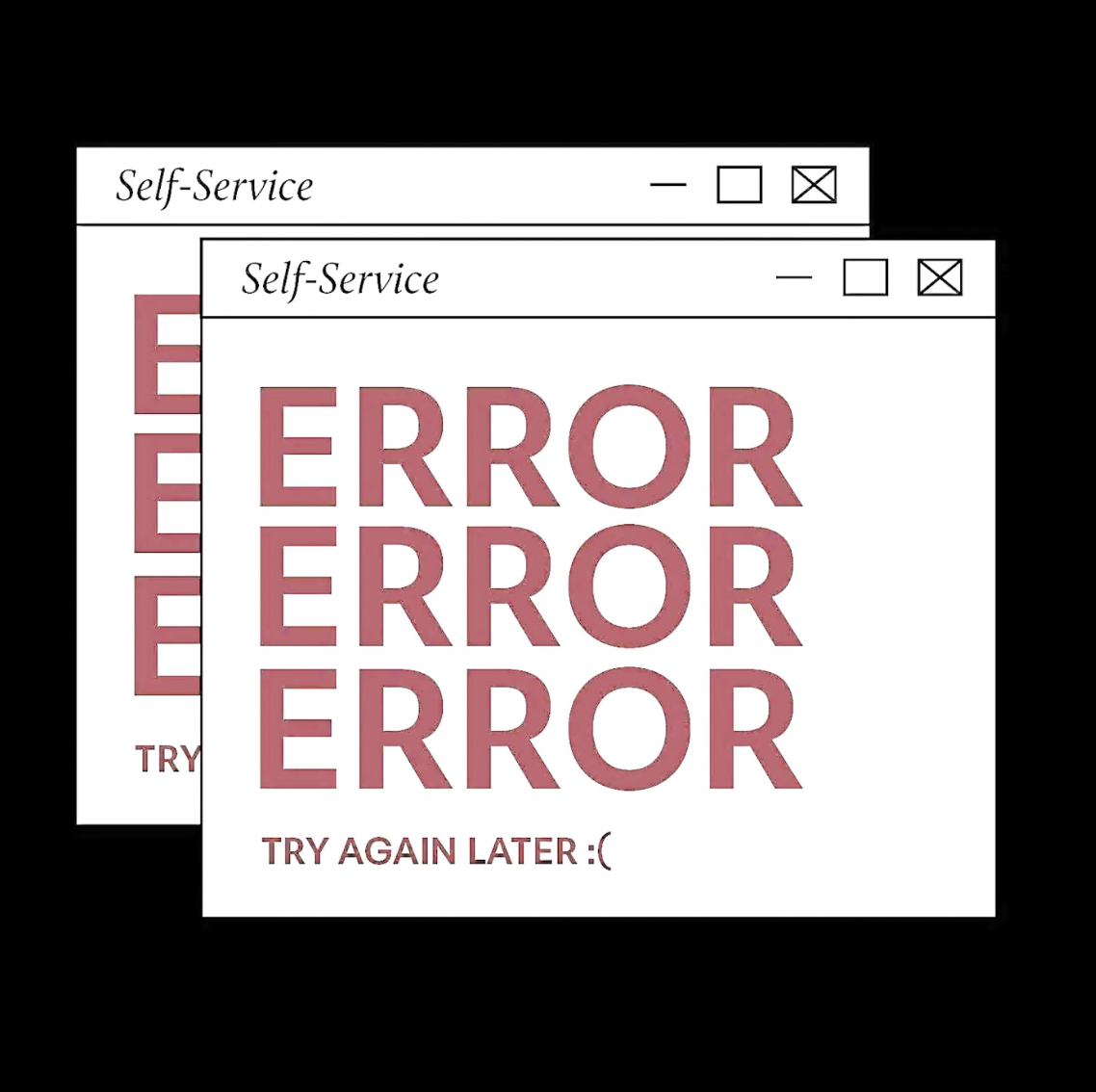To understand the importance of Black people, specifically African Americans, taking up space and celebrating Black History Month, you need at least a drop of knowledge about American history and the treatment of Black people, especially in Louisiana. We all know the fundamentals of slavery and its horrors, but public education often glosses over critical details. And the more history is glossed over, the more we become desensitized to it. It’s easy to say, “Oh yeah, enslaved people were beaten and tortured for labor,” but that detached view ignores the deeper reality: slavery’s impact did not end with emancipation aka the 13th Amendment passed in 1865. Its talons sank into the systems and mindsets of America, continuing to shape her laws, her policies, and her opportunities for generations. It wasn’t until I came to college that I truly grasped the magnitude of this history, the full weight of the injustice. Shoutout to the amazing Professor Robert Anderson for his brilliant work in Race and Religion in the Trans-Atlantic, a true educator who creates space for us Black folk both in and out of the classroom. We see you!
Even after being “freed,” Black people were treated as second-class citizens. During early school integration at the college level, Black students weren’t just met with hostility; they were actively shut out of education. Black men were forced to read at broken-down tables in libraries, given food last in dining halls (if there was any left), and even barred from classrooms where their desks were thrown into the hallway, forcing them to take notes from outside and have an obscure view of information being presented. And yet, despite generational trauma, systemic oppression, and constant barriers, Black people in America have continued to push forward, achieving greatness in every field imaginable. That is why Black History Month is more than just a celebration, it is a necessity, especially at a Predominantly White Institution (PWI) like Loyola University New Orleans. It is about honoring the legacy of resilience, recognizing the progress made, and emphasizing the progress we still need to make. It is about making sure Black stories are told so that history does not repeat itself!
Black history is unique, there is no other story like it in the world. Our culture is rich, the legacy is powerful, and there isn’t anything else I’d rather be. This is why spaces like the Multicultural Room and BSU Room matter. For so long, Black people were not seen as human, were not treated with civility or dignity, and were denied access to basic freedoms. These spaces are not some form of “reparations”, they are about reclaiming what was lost, building community, and creating room for Black students to exist unapologetically. So the next time you talk about Black history or Black issues, make sure that “B” in Black is capitalized; because it’s more than just a color, it is an identity, it is a history, it is a community.
This is why Black Excellence Week is fundamental. It is about giving flowers to those who paved the way, those who defied all the odds that were stacked against them. Every African American has the capacity for greatness, but not everyone has the same access to resources to get there. First-generation college students, students from red-lined communities, and those from underfunded public schools already start at a disadvantage.
Programs like TRIO at Loyola exist to support these students; first-generation and financial aid recipients navigating the uncertainty and acrobatics of college. But that is why Diversity, Equity, and Inclusion (DEI) initiatives and affirmative action were so important. It wasn’t just about getting Black students into universities; it was about ensuring that Black students from all socioeconomic backgrounds had access– not just the ones in the same tax bracket as White students. Without these initiatives, the same cycles of exclusion continue, and higher education remains inaccessible for those who need it most.
Even at Loyola, celebrating Black Excellence during Black History Month is about momentum. It is about pushing forward and reminding Black students that they belong and that they are capable, worthy, and powerful. It is about inspiring the next generation to keep going, and keep fighting, because we are not separate and unequal, we are one.
And as the late, great John Lewis once said, “Never, ever be afraid to make some noise and get in good trouble, necessary trouble.” So let’s keep pushing, keep demanding more from our institutions, and keep making room for Black voices, Black stories, and Black excellence. Amen!x







